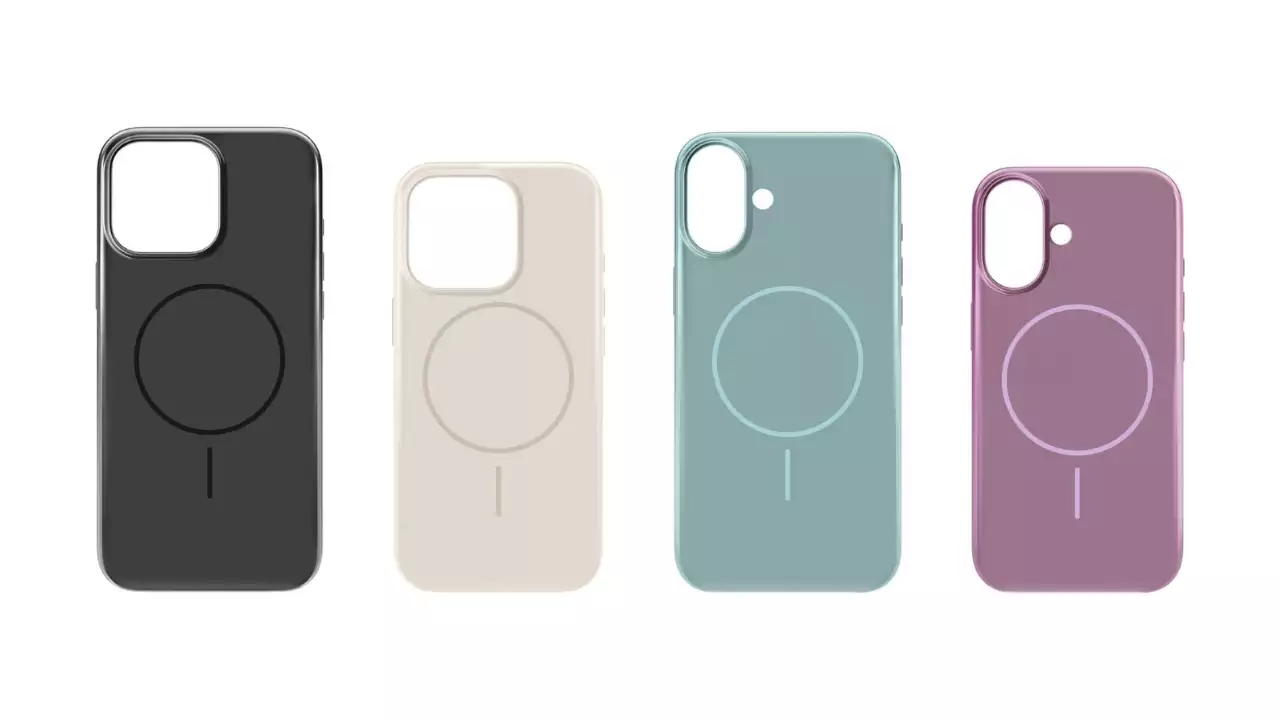In a move that could redefine the landscape of hearing healthcare, Apple has introduced a groundbreaking feature: transforming AirPods Pro into over-the-counter hearing aids
. This innovation, slated for release this fall as part of a software update, empowers users with mild to moderate hearing loss to leverage their AirPods Pro as personalized, clinical-grade hearing aids.
The feature harnesses a personalized hearing profile generated through a hearing test conducted within the AirPods Pro themselves. Once set up, the AirPods dynamically adjust to boost specific sounds in real-time, fostering enhanced conversations and deeper engagement with the surrounding environment.
Challenging the Status Quo
This transformative development has profound implications that extend far beyond the realm of technology. It challenges entrenched social norms surrounding hearing loss, disrupts traditional hearing aid industry practices, and raises intriguing questions about accessibility and healthcare regulation.
Social Norms: Shattering the Stigma
Hearing loss, often accompanied by feelings of isolation and embarrassment, is frequently stigmatized. Traditional hearing aids, while effective, are sometimes perceived as conspicuous symbols of disability. The integration of hearing aid functionality into a ubiquitous device like AirPods Pro could contribute to destigmatizing hearing loss. By seamlessly blending assistive technology into everyday life, it normalizes the use of hearing aids, potentially encouraging more individuals to address their hearing health needs without fear of judgment.
Industry Practices: A Disruptive Force
The introduction of AirPods as hearing aids is poised to disrupt the established hearing aid industry. Traditional hearing aids, often associated with high costs and complex fitting processes, could face competition from a more accessible and user-friendly alternative. This could compel the industry to adapt by offering more affordable and streamlined solutions, ultimately benefiting consumers.
Accessibility: Democratizing Hearing Healthcare
One of the most significant implications of this innovation is its potential to democratize access to hearing healthcare. Traditional hearing aids can be prohibitively expensive, and access to audiologists may be limited in certain areas. By leveraging existing technology and offering an over-the-counter solution, Apple is making hearing assistance more readily available to a wider population.
Company Policies: Navigating Regulatory Waters
While the potential benefits are substantial, this development also raises questions about company policies and regulatory compliance. Apple’s foray into the hearing healthcare space necessitates navigating a complex regulatory landscape. Ensuring the safety and efficacy of the hearing aid feature while adhering to relevant regulations will be crucial for its success.
Personal Experiences: A Game-Changer
As someone who has witnessed the challenges faced by individuals with hearing loss, I believe this development has the potential to be a game-changer. It not only offers a more discreet and convenient hearing solution but also contributes to normalizing the use of hearing aids, ultimately fostering a more inclusive society.
The integration of hearing aid functionality into AirPods Pro is a testament to the power of technology to enhance lives and challenge established norms. This quiet revolution has the potential to reshape the landscape of hearing healthcare, making it more accessible, affordable, and socially acceptable. While challenges remain, the future of hearing assistance looks brighter than ever before.






























